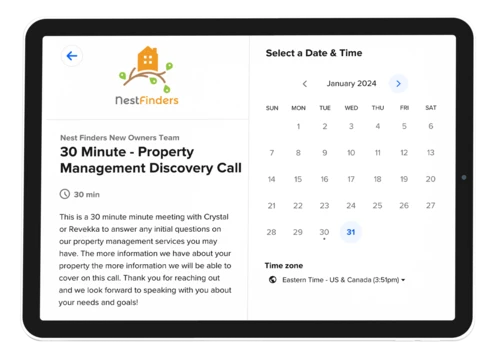Not knowing the law is no excuse for not following it. Don't jump into the role of investment property owner without doing your due diligence. Otherwise, you may find all your rental leasing profits going towards legal fees.
Learning the legal aspects of rental leasing is straightforward with these basics.
Managing Leases
Your lease agreements must comply with Florida landlord/tenant law. Otherwise, you risk your lease documents not being enforceable. This could leave you with an expensive problem that is not easily rectified.
While there are lease templates available online, be wary of these. They may not be specifically for use in Florida. Or, they may have outdated terms.
Finally, they could have terms you do not want or leave out terms your property specifically needs. You do not want to find out this out during a tenant conflict.
Instead, speak with a real estate attorney about your rental property. They can prepare a customized lease that addresses your unique needs.
Security Deposits
Florida does not restrict how much you charge for your security deposit. However, it does outline how you handle security deposits.
If you charge a security deposit, your lease needs to state this. When the tenant gives you their security deposit, you must follow the laws on how to hold it. Then, finally, follow the laws on when you can keep a portion or all of it once the tenant moves out.
Property Maintenance
As the landlord, you have a duty to maintain the property's habitability. These laws outline what you need to do, at a minimum, to maintain a habitable dwelling for your tenant. You need to arrange for regular extermination to prevent rodent or pest infestations.
Keep all common areas clean and safe. The water and heating need to remain operational. The structural elements of the building must remain in good condition.
As a part of this, you need to make repairs promptly. There are also laws that outline how long you have to make specific types of repairs.
Available Remedies
In general, you cannot take securing remedy into your own hands. Instead, Florida law outlines the correct procedure for seeking a remedy to damages suffered.
If you need to remove the tenant from the rental home, initiate the eviction process. You cannot go to the house, physically remove the tenant's belongings, and change the lots.
You can file in small claims court if your tenant has unpaid rent that the security deposit doesn't cover. You cannot keep the tenant's belongings and sell them for cash.
Start Rental Leasing in Jacksonville
Investing in Florida rental leasing is a profitable opportunity. To set yourself up for success, you need to learn the Florida landlord/tenant law. That way, you don't unknowingly violate the law and set yourself up for expensive legal problems.
The Nest Finders team helps its clients succeed with their knowledge of Florida landlord/tenant law. They stay abreast of statute changes to ensure tenant screening, leases, and policies remain compliant.
Get expert guidance on managing your rental property from the team at Nest Finders.



